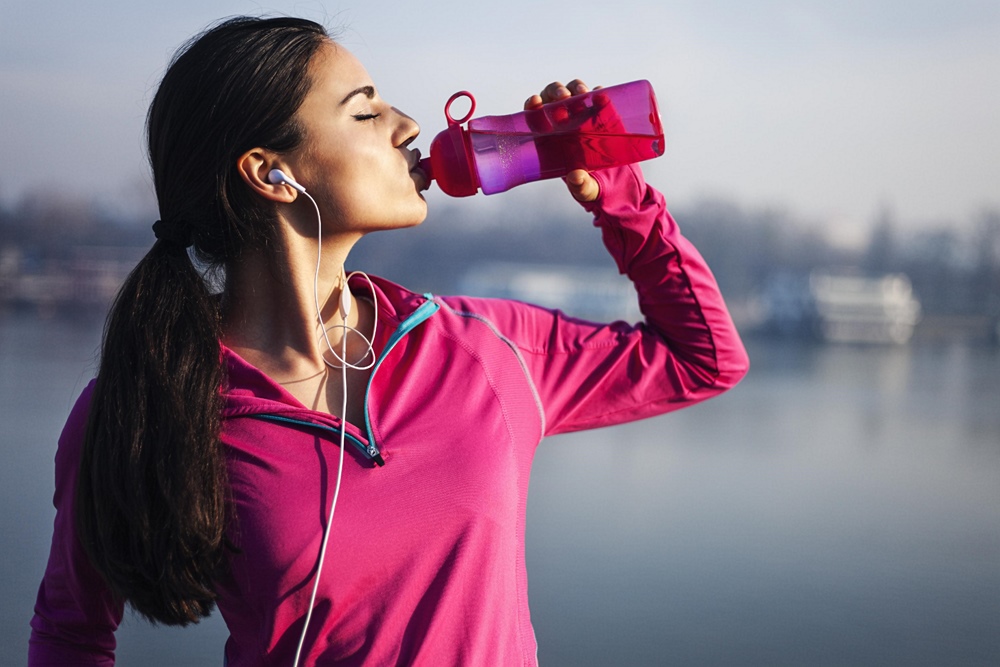Last Updated on: 18th December 2024, 12:30 pm
Post-workout nutrition is essential for replenishing energy and repairing muscles. It involves consuming the right balance of macronutrients – proteins, carbohydrates, and fats. Proteins repair and build muscle, carbohydrates replenish energy, and fats support overall health. Hydration is also crucial for nutrient transport and toxin removal. Together, these elements aid in the body’s recovery after exercise.
The Role of Proteins in Muscle Repair and Growth

Understanding How Protein Aids in Muscle Recovery
After a workout, muscles need repair. Protein provides amino acids necessary for this process, helping to strengthen and build muscle fibers. This is key for muscle growth and increased strength.
Best Protein Sources for Post-Workout
- Lean meats
- Fish
- Eggs
- Dairy products
- Plant-based options such as lentils, chickpeas, and quinoa
Timing of Protein Intake for Optimal Benefits
Consume protein within 30 minutes to two hours post-workout to enhance recovery. This timing ensures muscles receive nutrients when most receptive, aiding effective recovery and growth.
The Role of Carbohydrates in Recovery

Carbohydrates replenish glycogen stores, the body’s main fuel during exercise. Post-workout, refuel with carbohydrates to restore glycogen and start recovery.
Choose easily digestible and nutrient-rich carbohydrates like whole grains, fruits, and starchy vegetables. These foods also provide essential vitamins and minerals.
Consume carbohydrates within 30 minutes to an hour post-exercise to maximize glycogen synthesis and kickstart recovery.
Fats in Recovery Nutrition

Debunking Myths Around Fat Intake Post-Workout
Fats are important post-workout, aiding in vitamin absorption and providing energy. Healthy fats support recovery and should be included in your nutrition plan.
The Role of Healthy Fats in Hormonal Balance and Recovery
Healthy fats help maintain hormonal balance, crucial for recovery. Omega-3 fatty acids reduce inflammation, aiding recovery from exercise stress.
Best Sources of Healthy Fats for Post-Workout Nutrition
- Avocados
- Nuts
- Seeds
- Fatty fish like salmon
Incorporate healthy fats into your post-workout nutrition to support recovery and promote hormonal balance.
Hydration and Electrolyte Balance in Recovery Nutrition

The Crucial Role of Rehydrating After Exercise
Rehydrating post-exercise is essential. It replenishes fluids and electrolytes lost through sweat, supporting nutrient absorption and preventing fatigue.
How Electrolytes Assist in Recovery and Performance
Electrolytes like sodium, potassium, and magnesium regulate fluid balance and muscle function. Replenishing them post-workout is crucial for effective recovery.
Tips for Effective Rehydration and Electrolyte Replenishment
Drink water consistently and include electrolyte-rich beverages or foods. Options include coconut water, low-sugar sports drinks, and electrolyte tablets. Fruits and vegetables high in water content also support hydration.
Supplements for Recovery

A Brief Overview of Supplements That Aid in Recovery
Supplements can enhance recovery. Key options include:
- Branched-chain amino acids (BCAAs): Support muscle repair.
- Creatine: Aids energy production and muscle growth.
- Antioxidants (like vitamin C and E): Reduce oxidative stress.
- Omega-3 fatty acids: Reduce inflammation.
- Glutamine: Supports immune function and gut health.
When and How to Use Supplements Effectively
Consider timing:
- BCAAs and Creatine: Post-workout for recovery.
- Antioxidants and Omega-3s: With meals for absorption.
- Consistency is key; pair with a balanced diet.
Natural vs. Synthetic Supplements for Post-Workout Recovery
Considerations include:
- Natural options: Often better recognized by the body.
- Synthetic supplements: Offer concentrated doses.
- Choose based on preference, dietary needs, and goals.
- Focus on quality and purity.
Integrating supplements can enhance recovery. Choose wisely, time intake, and ensure quality for optimal benefits.
Putting It All Together: Creating Your Post-Workout Meal Plan
How to Balance Macronutrients in Your Post-Workout Meal
Post-workout, focus on:
- Proteins: For muscle repair.
- Carbohydrates: To replenish energy.
- Fats: For nutrient absorption.
Aim for a 3:1 ratio of carbohydrates to protein. Include healthy fats for absorption and inflammation reduction.
Sample Meal Plans and Timing for Different Types of Workouts
- Strength training: Chicken or tofu with quinoa or sweet potatoes, within 30 minutes post-workout.
- Endurance athletes: Banana with almond butter or whole-grain bagel with avocado.
- Eat within 30 minutes to two hours post-workout for maximum recovery.
Adjusting Your Recovery Nutrition to Your Fitness Goals and Activity Levels
Adjust nutrition based on goals and exercise intensity:
- Weight loss goals: Lean proteins and low-glycemic carbs.
- Building muscle or endurance: More carbs and proteins.
- Adjust portions and ratios to match activity level and goals.
Create a tailored post-workout meal plan by balancing macronutrients, timing meals, and adjusting intake based on workouts and goals.
Wrapping It Up
Post-workout nutrition is crucial for fitness success. By understanding macronutrients and hydration, you can support muscle repair, energy replenishment, and overall health. Make informed choices to enhance recovery and achieve your fitness goals.

